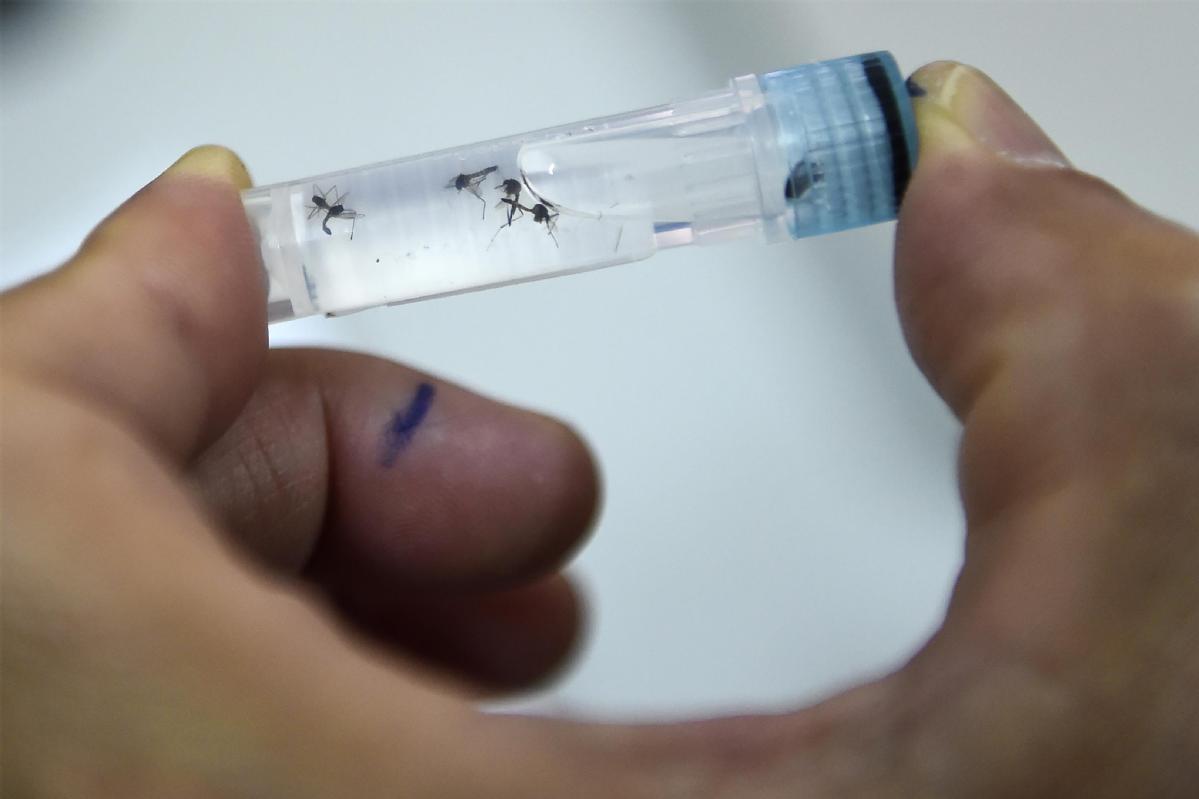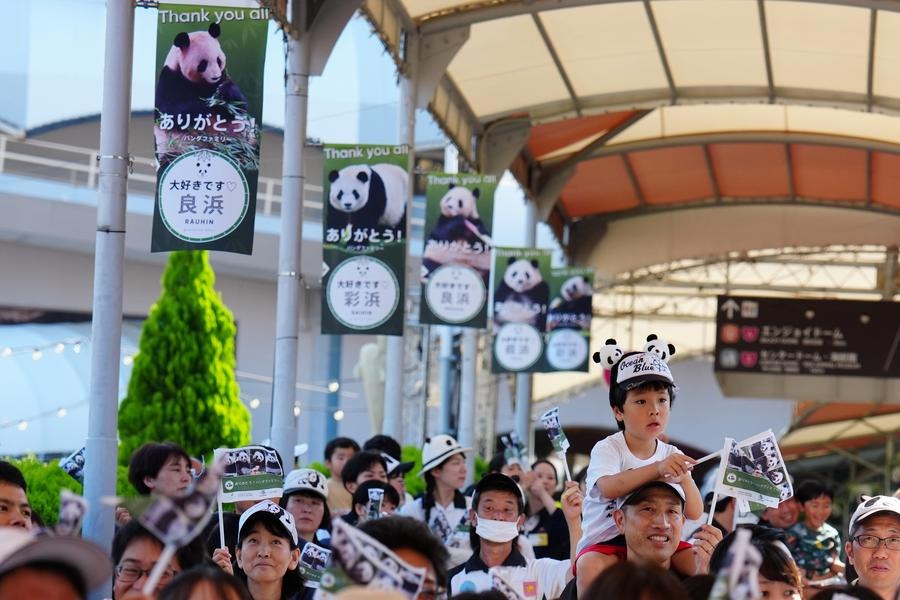Mosquito trials raise hopes of defeating dengue


NHA TRANG, Vietnam - Hundreds dead in the Philippines, a threefold increase of cases in Vietnam, hospitals overrun in Malaysia, Myanmar and Cambodia: Dengue is ravaging Southeast Asia this year due in part to rising temperatures and low immunity to new strains.
But one group of scientists is rolling out trials to breed dengue-resistant bugs in a bid to tackle one of the world's leading mosquito-borne illnesses.
Based in Melbourne, Australia, but operating in 12 countries, the World Mosquito Program, or WMP, has pioneered a method where male and female Aedes aegypti mosquitoes are infected with the disease-resistant Wolbachia bacteria before being released into the wild.
In a matter of weeks, baby mosquitoes are born carrying Wolbachia, which acts as a disease buffer for the bugs - making it harder for them to pass on not only dengue, but Zika, chikungunya and yellow fever diseases.
After a first trial in northern Australia, the engineered mosquitoes were tested in nine countries including Vietnam. Early results are promising.
"We have seen a remarkable reduction of dengue cases after the release," explained Nguyen Binh Nguyen, project coordinator for WMP in Nha Trang.
His team set free around half a million Wolbachia-infected mosquitoes last year in Vinh Luong, a crowded dengue-prone district in southern Vietnam.
Since the trials, dengue cases are down 86 percent in Vinh Luong compared to nearby resort town Nha Trang.
That's a major relief for Cong Thi Thu, an accountant who along with her two children suffered an intense bout of dengue in 2016, flooring the family for weeks.
She worries less after the trials but still makes her kids sleep under nets and no longer leaves water to collect in the pots around her garden, which offer ideal breeding grounds for mosquitoes.
Today, mosquitoes still buzz about in the open-air shops, cafes and homes of Vinh Luong, but the majority in the test areas now carry Wolbachia compared to none before the trials, WMP said.
Convincing wary residents like Thu, along with officials and ethics boards, that the mosquitoes won't make them sick was not an easy task.
Residents have long believed the official motto "no mosquitoes, no larvae, no dengue" to avoid the virus, dubbed "breakbone fever" because of its severe flu-like symptoms.
Potentially fatal, dengue is passed along to humans by infected mosquitoes, which thrive in crowded, hot and humid neighborhoods like Thu's.
Cases have surged not only in Vietnam this year but across Southeast Asia, with around 670,000 infected and more than 1,800 people dead in the region, according to an AFP tally of national and World Health Organization data.
Experts say it's the worst outbreak in years.
Warmer weather is one factor, coupled with the introduction of new dengue strains that have spread among populations with no immunity. Long-term trends are also at play: Breakneck urbanization in Asian megacities, a massive increase in international travel and trade and the cyclical nature of outbreaks. In Southeast Asia, dengue cases tend to spike every five to six years.
Agence France-Presse

































